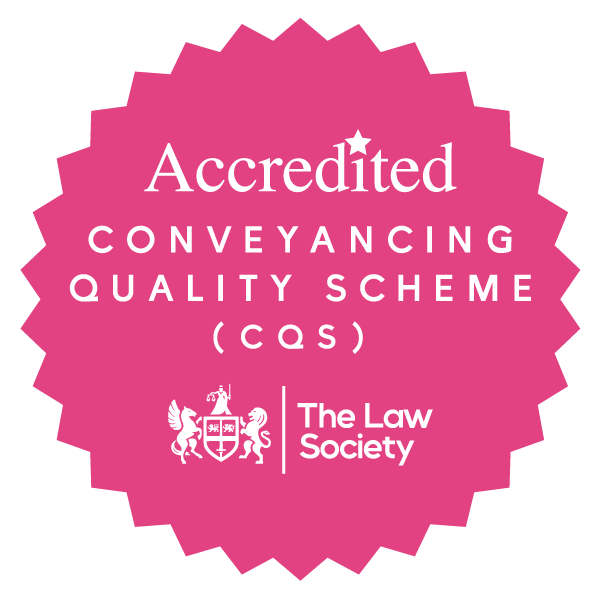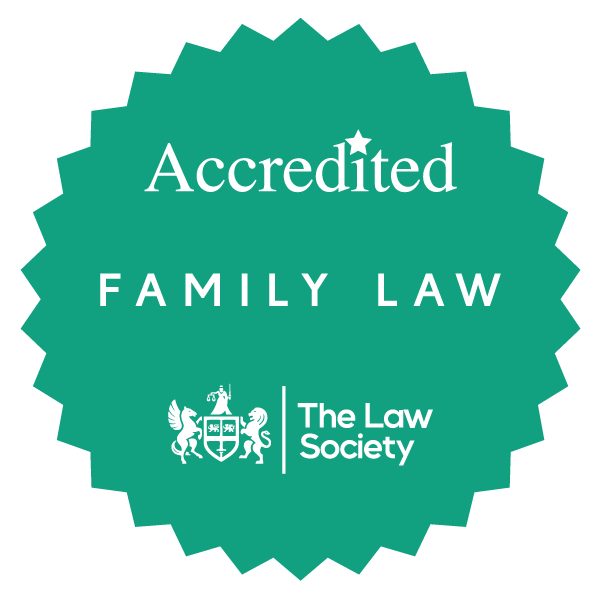Child Law Solicitors Enfield, North London & Hoddesdon
When a relationship breaks down, it can often have an adverse impact on any children involved. This can be tough for parents to see and is often the hardest issue to deal with.
Our expert team of family lawyers can help guide you through this very difficult time to ideally find a practical and child-focussed solution.
We will assist you in deciding where the children should live and working out appropriate arrangements for them to spend time with their other parent regularly (previously called contact). We do everything we can to avoid enflaming any conflict and promote a conciliatory and constructive approach in resolving these sensitive family matters.
What if you can't agree?
If the arrangements for the children cannot be agreed amicably, you will be advised to consider MEDIATION. If this still does not resolve matters, or is considered inappropriate it may be necessary for the Family Court to be involved. We can assist you in getting through any Court proceedings to achieve what is in the best interests of the children.
The Court's paramount consideration is for the welfare of the child, and they have a checklist of matters to take into account before making any order. They can also seek expert advice from a CAFCASS OFFICER (essentially a court welfare officer). There are a range of orders available – such as:-
Living With – ie who the child is based with (formerly known as residence or custody)
Arrangements – so how much time the child spends with the other parent (formerly known as contact or access)
Parental responsibility – essentially clarifying you are a parent of the child with certain rights, although if you are named on the birth certificate you are likely to have this automatically
Specific issue - concerning particular matters in dispute – eg. which school they should attend
Prohibited steps - preventing a specific action occurring such as one parent taking a child out of the country without the consent of the other.
Under a little used Schedule of the Children Act legislation, the court can even order financial provision for the child’s education or housing needs.
Contact our Family Lawyers in Enfield, Finchley, North London and Hertfordshire today
Call us today or complete our online contact form and one of our team will be in touch to discuss your matter further.
FAQs
This is a term for the responsibilities a parent has for making the important decisions in a child’s life – such as their education, medical care and daily decisions about how the child should be raised. Birth mothers have Parental Responsibility automatically. A natural father will only have Parental Responsibility if he is married to the mother at the time of the birth of the child or if he is registered as the father on the child’s birth certificate (and the child was born after 1 December 2003). Otherwise, you will need to enter into a formal Parental Responsibility Agreement with the mother, or if she refuses, apply to the court for an order.
The English courts now use the term Child Arrangements in respect of where the children live on a day-to-day basis, who else they spend time with and when these arrangements should take place. (In the past the court has used terms such as Residence, Custody and Contact).
The courts prefer that, wherever possible, the parents agree the children arrangements amicably and solicitors can assist them in negotiating terms. It is also advisable to consider mediation or the collaborative process.
LYou really need to speak to one of our expert family solicitors as all cases need to be viewed on an individual basis as they are each unique. In general terms, however, if the child is living with your spouse it would be usual for the child to still have regular contact with you. It is preferable to agree these arrangements with the other parent amicably, but if this fails, you can apply to the court for a Child Arrangements Order.
Ideally, you want to use a solicitor (and they may suggest a mediator can help) to try and resolve the difficulties amicably. However, if negotiating proves impossible for some reason, you will need to make an application to the court for a Child Arrangements Order, and our specialist family team can help you do this.
This will depend on how those maintenance payments were agreed. If there is a court order setting out the terms, then you should take legal advice immediately to find out if you can enforce those terms by going back to the court.
If the payments were agreed amicably originally or through an assessment by the Child Maintenance Service (CMS), you need to use the CMS to help you, and we would advise you to contact them urgently. If the CMS does not seem to be dealing with your case promptly, or fairly, then you may need further legal advice to assist.
If your former spouse has Parental Responsibility (PR) for the children (see questions above) then they have a general right to know how the children are. Even if they do not have PR they could probably apply to the court to seek an order for this, and in any event will no doubt feel they have the right to be concerned about the children. Whilst it would be very difficult for your former spouse to stop your children meeting your new partner, you may want to think about trying to agree how and when it happens with your former spouse – or at least keep them updated about it. Otherwise, you may have exactly the same problem, but in reverse, if your former spouse wants to introduce the children to any new partner they have in the future.





















